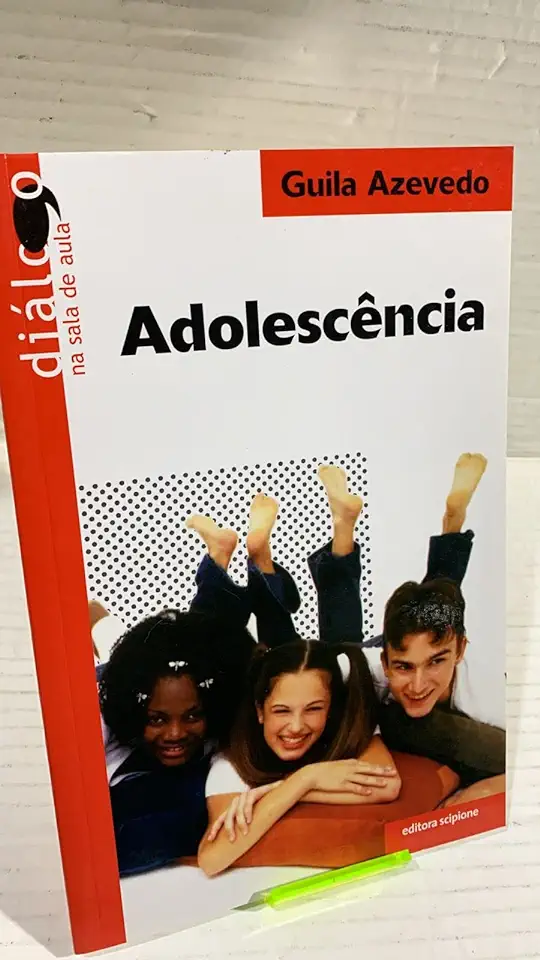
Adolescence - Guila Azevedo
Adolescence: A Guide for Parents and Educators
Introduction
Adolescence is a time of great change and growth for young people. It can be a challenging time for both parents and educators, as they try to help their children navigate the many challenges of this stage of life.
In her book, Adolescence, Guila Azevedo provides a comprehensive guide to help parents and educators understand and support adolescents. Drawing on her extensive experience as a psychologist and educator, Azevedo offers practical advice on a wide range of topics, including:
- Physical and emotional development
- Cognitive development
- Social development
- Moral development
- Identity formation
- Risk-taking behavior
- Mental health
Physical and Emotional Development
During adolescence, young people experience a number of physical changes, including growth spurts, changes in body composition, and the development of secondary sexual characteristics. These changes can be accompanied by a range of emotions, including excitement, anxiety, and self-consciousness. Azevedo provides helpful tips on how to help adolescents cope with these changes and develop a healthy body image.
Cognitive Development
Adolescents also experience significant cognitive development during this time. They become more capable of abstract thinking, reasoning, and problem-solving. Azevedo discusses how parents and educators can help adolescents develop these skills and encourage them to become independent learners.
Social Development
Adolescence is a time of great social change for young people. They begin to spend more time with their peers and less time with their families. They also develop romantic relationships and start to explore their own identities. Azevedo provides advice on how to help adolescents navigate these social challenges and develop healthy relationships.
Moral Development
Adolescents also begin to develop their own moral values and beliefs during this time. They start to question the rules and expectations of their parents and teachers, and they begin to form their own opinions about right and wrong. Azevedo discusses how parents and educators can help adolescents develop a strong moral compass and make responsible decisions.
Identity Formation
One of the most important tasks of adolescence is identity formation. Adolescents begin to explore who they are and what they want to do with their lives. They may experiment with different identities and roles, and they may struggle to find their place in the world. Azevedo provides guidance on how to help adolescents develop a healthy sense of self and find their own path in life.
Risk-Taking Behavior
Adolescents are also more likely to engage in risk-taking behavior, such as experimenting with drugs and alcohol, having unprotected sex, and driving recklessly. Azevedo discusses the factors that contribute to risk-taking behavior and provides tips on how to help adolescents make healthy choices.
Mental Health
Adolescence is also a time of increased risk for mental health problems, such as depression, anxiety, and eating disorders. Azevedo discusses the signs and symptoms of these disorders and provides advice on how to get help for adolescents who are struggling.
Conclusion
Adolescence is a comprehensive and essential guide for parents and educators who want to help young people navigate the challenges of this stage of life. Drawing on her extensive experience as a psychologist and educator, Guila Azevedo provides practical advice on a wide range of topics, from physical and emotional development to cognitive development, social development, moral development, identity formation, risk-taking behavior, and mental health. This book is a must-read for anyone who wants to help adolescents thrive.
Enjoyed the summary? Discover all the details and take your reading to the next level — [click here to view the book on Amazon!]